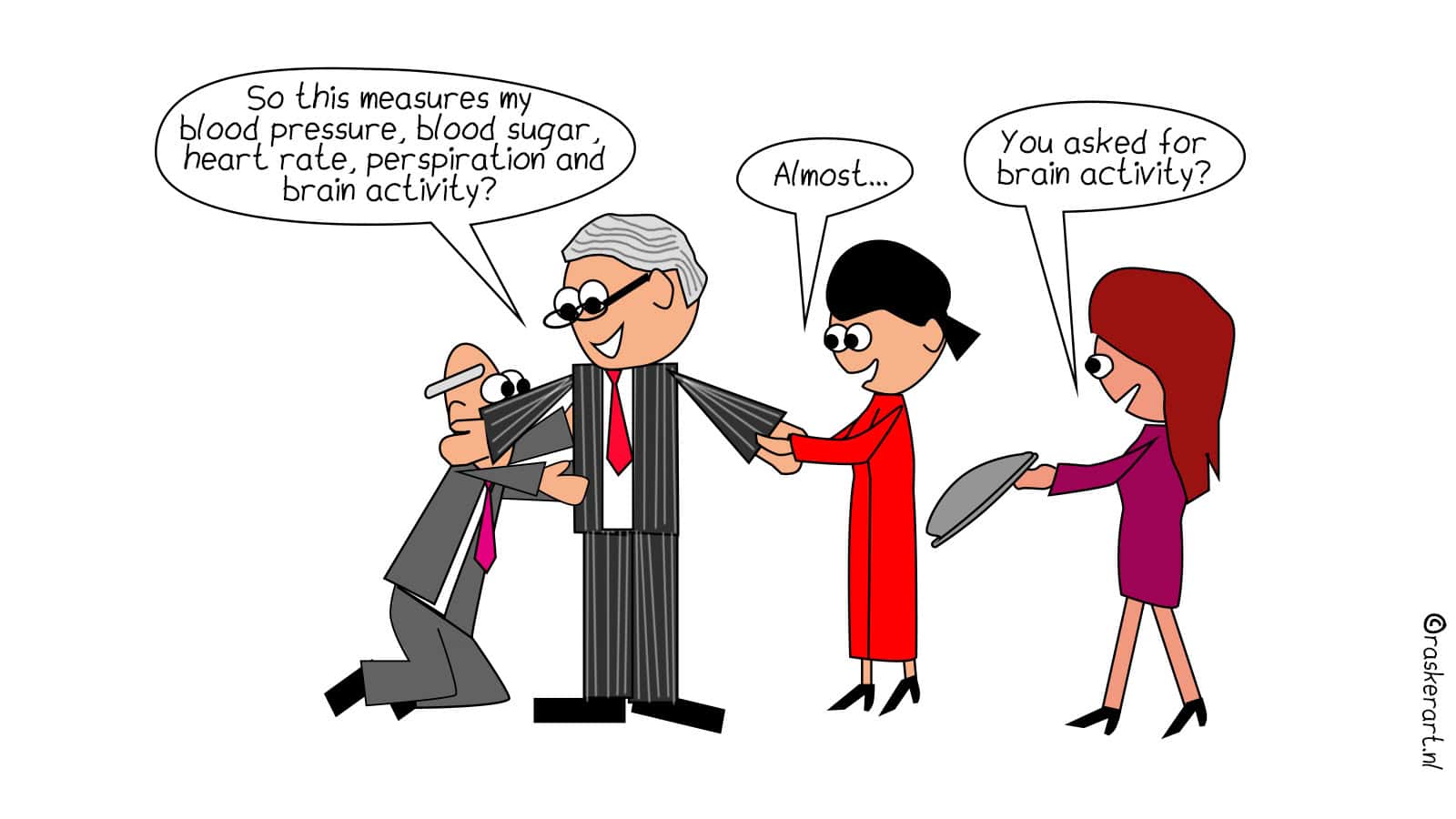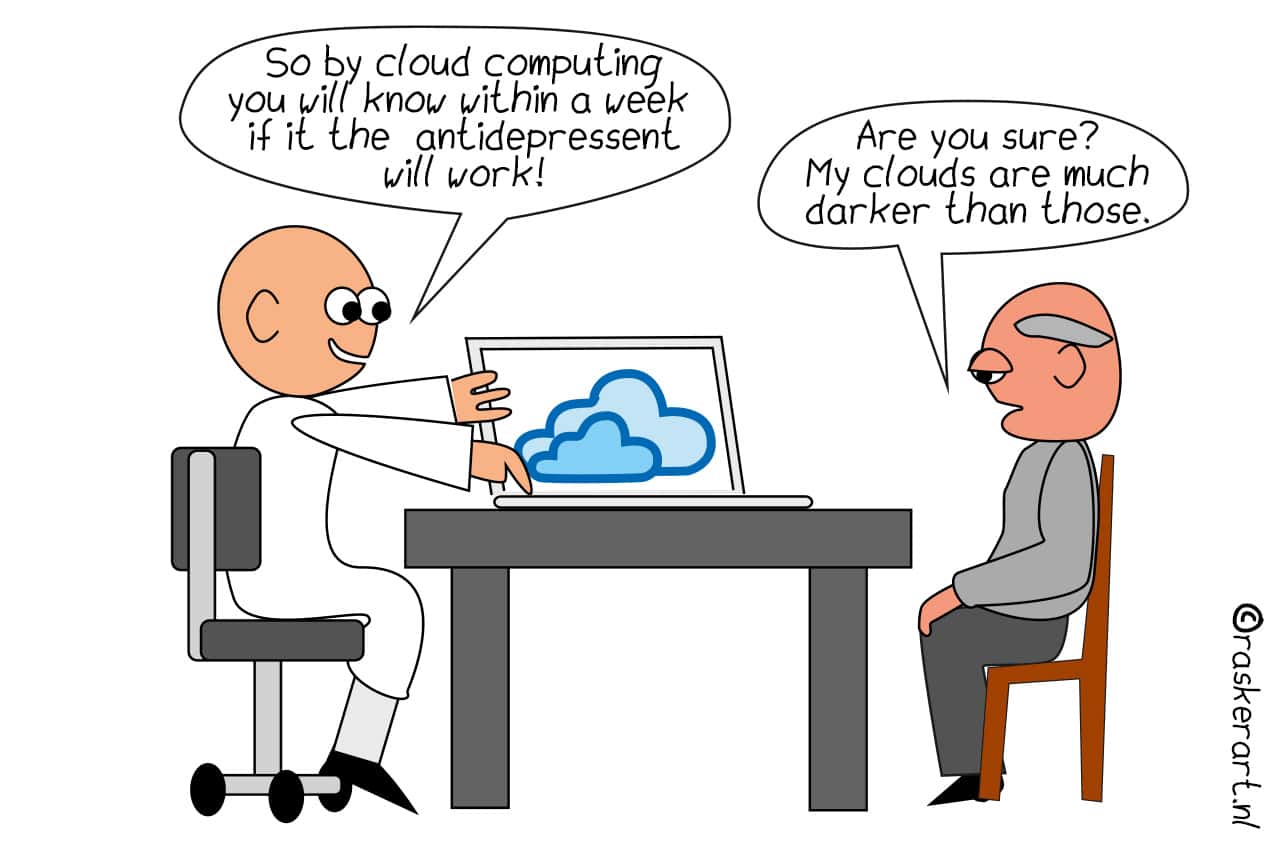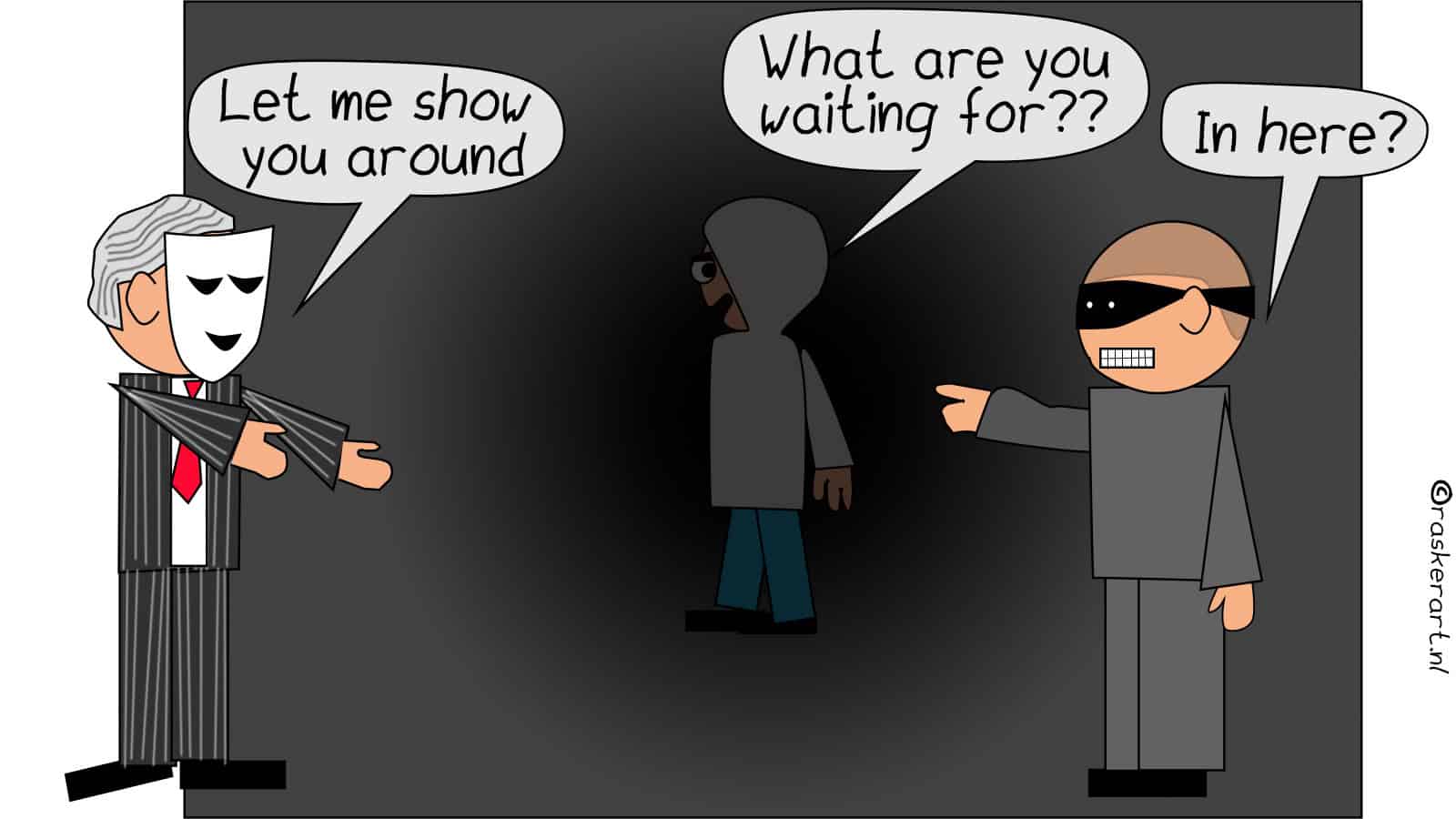
“The future enters into us, in order to transform itself in us, long before it happens.“ (Rainer-Maria Rilke)
Germany has been shaken by a corporate scandal the likes of which have not been seen in quite a while. The bankruptcy of Wirecard not only resulted in creditors and shareholders losing a great deal of money, but also led to the realization that established regulatory mechanisms did not work as they should have. Worse still, there is a strong suspicion that people deliberately looked the other way. That they did not want the warning signs to be seen much less heeded. This was a serious setback for auditors, the financial regulatory authorities, and the federal government. The ensuing damage is shouldered by the creditors, the employees, and the shareholders. Looking the other way, not wanting to admit anything, and ignoring clear facts are some of the main reasons why companies fail. No matter what their size, from start-ups to large corporations.
No Master Plan in place
Virologists have been warning of the danger of new epidemics for years. Over the course of human history, there have always been epidemics that have threatened large parts of the people in a particular region. They are, in this sense, nothing new. When COVID-19 reached Europe at the beginning of the year, I still had the impression that governments here had been completely taken by surprise and were overwhelmed. No Master Plans, processes, procedures were in place that could have been followed up on by these governments. And if they did exist, like in Germany, for example, they were not implemented.
Why was this? After all, it is the task of governments, as well as the boards of directors and managing directors of companies, to deal with the risks for their countries or companies. And to come up with appropriate precautionary measures or action plans. This has clearly not been done. Early warnings at Wirecard and around the coronavirus were apparently ignored and deemed improbable. These red flags never led to actions that could have prevented more serious consequences.
Head in the sand
It is extremely rare that the sky will fall on your head, as feared by the famous Belgian cartoon characters Asterix, Obelix, and the Gauls. As a rule, there are early signals, changes, and warnings. Which, if you were to acknowledge them, would also lead to appropriate measures and actions being taken. This head-in-the-sand attitude also applies to entrepreneurs who do not want to admit that their company is making a loss and who live off the profits of the past. As well as to board members who, like the German automobile industry, tend to overlook technological transformations. Such as the development of electric cars. What else does an American start-up company like Tesla do differently or better than the best car manufacturers in the world?
For starters, forward-looking companies can discern facts, be guided by real evidence, and make decisions for the future without looking back at the past. It does not have to follow old habits, expectations, and self-perceptions. But instead, keep on freely and freshly advancing towards the future and disrupt markets. Whereas established companies deal with change processes that are concerned with how the old ways become contemporary, start-ups are concerned with the future and the transformation of markets, processes, and technologies.
Not wanting to know the facts, ignoring information, and ignoring superior knowledge all tends to happen particularly when there are entrenched ideas, self-perceptions, and old habits. This applies to every single one of us and ends with our ideas about the world and the universe. Over time, people, companies, and states develop an image of themselves and strive to maintain this image. As a result, they have a tendency to ignore and disregard information that does not correspond with this self-image.
Flagship start-up
Wirecard was once a flagship start-up in Germany. At long last, there was a so-called unicorn that had managed to make it among the major players. As one of the largest economic nations in the world, Germany had been waiting for a long time to finally be able to present a company that did not need to shun any comparison with the success stories from Silicon Valley. Everyone was blindfolded: politicians, regulatory bodies, shareholders, and employees. The accusations did not fit the picture that the Wirecard stakeholders had painted. So they were ignored. It can’t possibly be what it shouldn’t be.
Everything under control?
By the same token, the warnings of epidemiologists in recent years did not fit with the self-image of governments. Many of them had just more or less successfully mastered the last financial crisis. Therefore, there shouldn’t be any stain on that image of a booming economy. The sense of having everything under control should not be tainted by issues that may be beyond their control. It is much more palatable to look away. There is no need to doubt your own illusion.
What does this have to do with start-ups? Well, start-ups are the transformers of our time. They develop new products, services, and technologies to solve the problems and challenges of our time and the future. They are an active part of this transformation. Many founders and founding teams act from a profound sense of conviction. This conviction, which is nothing more than the self-image of established frameworks, can become a threat when it turns into ideology, blindness, and ignorance. Young companies and their management teams do well when they repeatedly put themselves and their convictions to the test and challenge themselves. So that the convictions of today do not become the stumbling block for the transformation of tomorrow.
About this column
In a weekly column, alternately written by Bert Overlack, Mary Fiers, Eveline van Zeeland, Tessie Hartjes, Buster Franken, Jan Wouters, and Katleen Gabriels, Innovation Origins tries to find out what the future will look like. These columnists, occasionally joined by guest bloggers, are all working in their own way on solutions for the problems of our time. So tomorrow will be good. Here are all the previous IO articles in this series.








